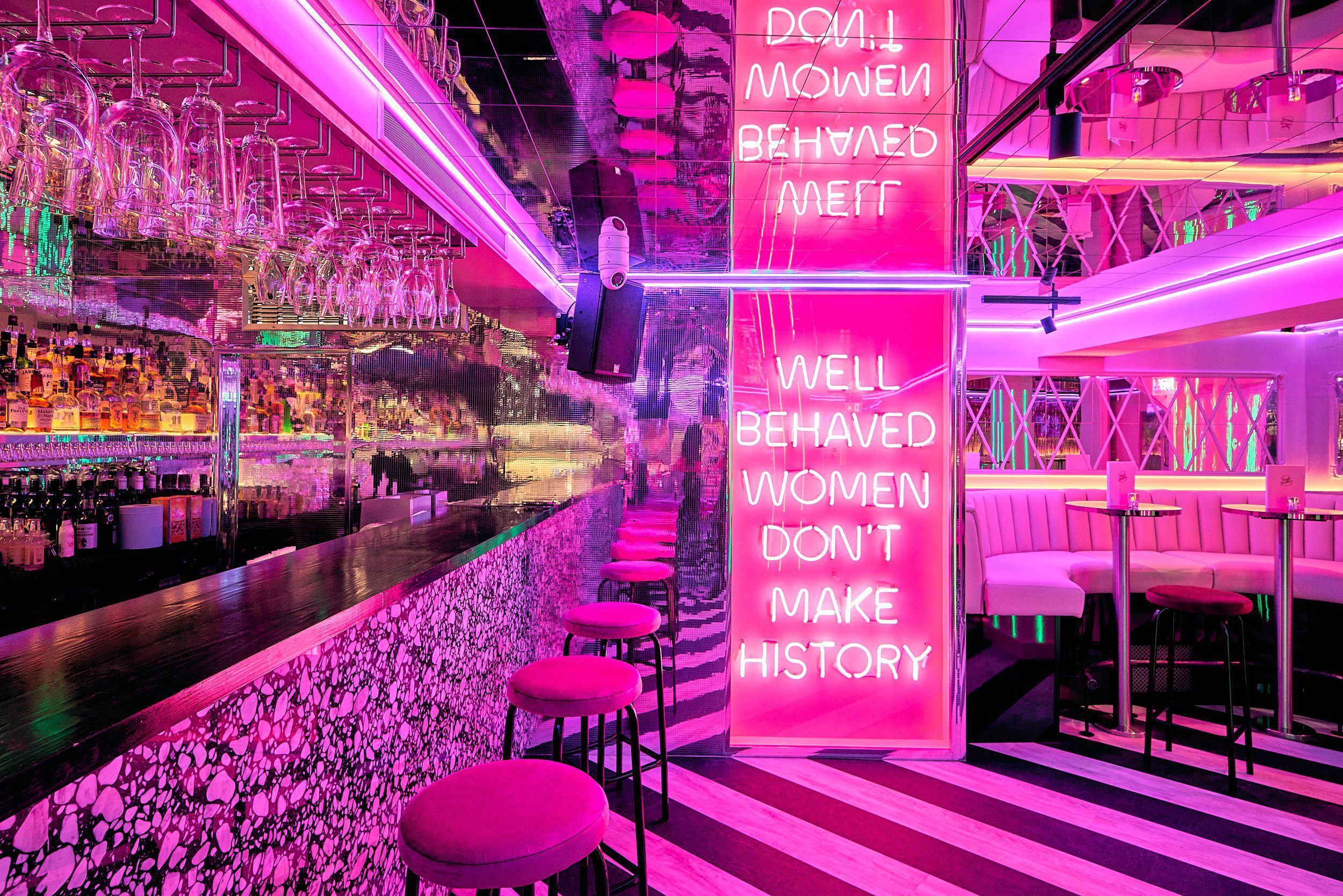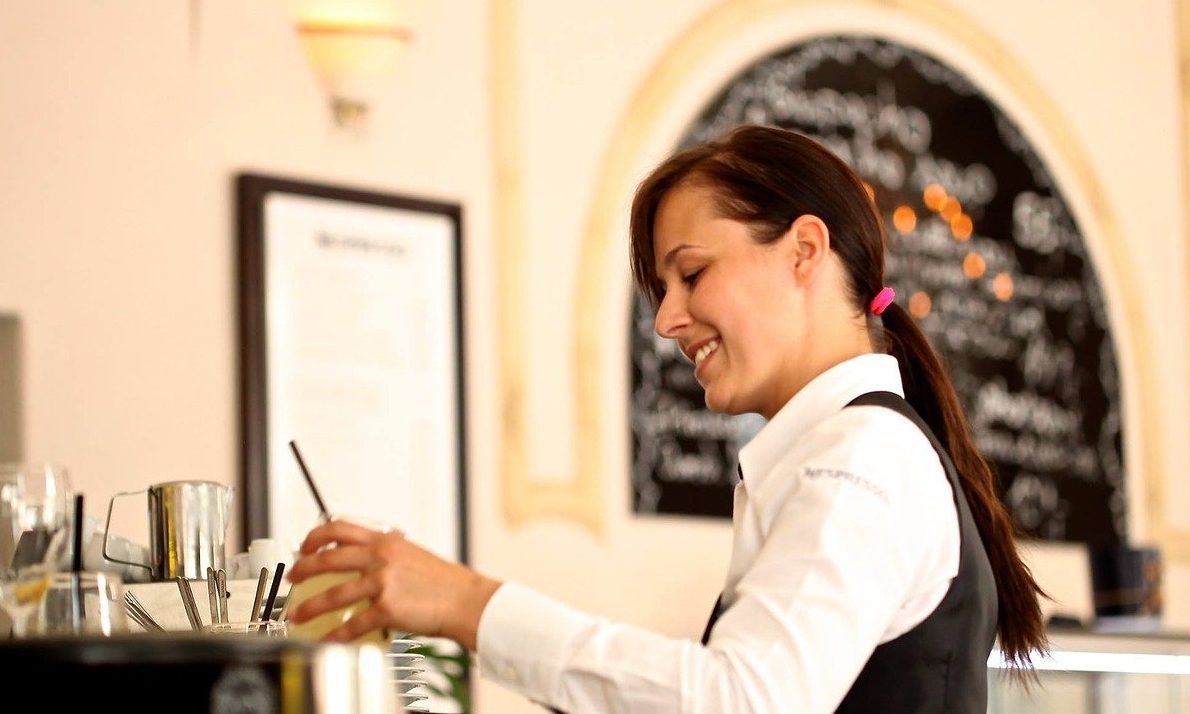Register to get 5 free articles
Reveal the article below by registering for our email newsletter.
Want unlimited access? View Plans
Already have an account? Sign in
Founded in 1992 as the International Hotels Environment Initiative (IHEI), The now re-named Sustainable Hospitality Alliance has grown to encompass fifteen world-leading hospitality companies, including Hilton, Deutsche Hospitality and Hyatt. It’s members make up 30% of the global hotel industry by rooms, with a combined reach of over 35,000 properties and 5.5m rooms.
The organisation represents how the hospitality industry is taking collective responsibility to ensure that destinations and communities are being supported and protected now and for future generations, and is founded upon the belief in the “collective power of hospitality” to “tackle the key global challenges affecting the planet and its people”.
Catering today spoke to its newly appointed CEO Glenn Mandziuk, an internationally recognised chief executive with over 25 years of leadership experience advancing sustainable practices in tourism and hospitality, about his plans for the future of the alliance.
What drew you to the Sustainable Hospitality Alliance?
I’ve dedicated my career to advancing sustainable practices in tourism, hospitality and economic development. I’ve previously worked in organisations such as the Thompson Okanagan Tourism Association with 4,000 industry stakeholders that showed how powerful collaboration can drive a successful sustainability agenda. The chance to be part of an organisation of the world’s leading hospitality companies and a real opportunity to drive meaningful change around the globe is a significant honour.
My family owned and operated hotels and resorts, so I’m very familiar with the hospitality industry. Like many other industries, it has been incredibly challenging operationally for the sector for almost two years now. As we begin the recovery, and the industry reimagines itself post-pandemic, the Sustainable Hospitality Alliance is crucially positioned to support the industry on the sustainability journey.
As a Canadian, I am looking forward to moving to the UK. With my long involvement in the travel and tourism industry, living and experiencing a new country is another exciting factor which drew me to the organisation, and I’m holding out hope that I may even get some tickets to Wimbledon.
What does the next phase of the Sustainable Hospitality Alliance look like?
The Sustainable Hospitality Alliance has been gaining momentum over the past few years as a significant force in the sector. It was formed 30 years ago by a consortium of hotel chief executives during the UN Conference on Environment and Development and, as a result, has a strong legacy to build on.
Collaboration has always been at the heart of the organisation, and I see that continuing as a major part of the next phase. As the hospitality industry increasingly recognises the need for – and benefits of – sustainability, the Alliance’s partnerships and relationships will grow considerably. With more partners and governments seeing the immense value in working with industry to create solutions within the people and planet agenda, the Alliance will continue to expand its role as a central global forum for dialogue, education, innovation and action.
To that end, the Alliance has recently extended its membership offer by establishing an Affiliate Membership category to include hotel investors and asset owners. Increasing the exchange of ideas between the partners who own the buildings and the companies who run the hotels will be vital to ensure we are maximising sustainable practices and accelerating the pace of change.
You say you are a ‘believer that tourism can be an agent of positive change’ – why do you believe this, and how can it be achieved?
Tourism is an industry that reaches into almost every community around the world. As a result, it has an immense potential, when developed in a responsible way, to have a positive influence at a local level and have a collective impact on global issues like climate change and human rights. It is known for bolstering local economies and providing opportunities for local employment – often representing the main source of income and livelihoods for young people, women, rural populations, indigenous and vulnerable groups. It also has shown to have the power to influence the protection of natural and cultural environments, and local traditions and customs.
As an industry, we need to consider what we are putting back into our local communities and environments in a positive way. This includes understanding the impact to the residents of a destination; where to build and operate hotels in relation to the local environment; and how to work with communities to address a local need. Making sure that we are protecting those most vulnerable from exploitation, and that new opportunities are reaching the people who need them the most are also critical considerations.
Do you sense that the industry is open to meaningful change? Is there a danger of words like ‘sustainable’ becoming buzzwords used as a marketing tool, or do you sense the industry is open to tackling them in a meaningful way?
I absolutely believe that the industry is open to meaningful change. I have worked with all levels of the industry and governments on social and environmental issues over the years, and I’ve seen a real commitment to develop strategies for responsible growth.
Of course, not everyone in the industry is as focussed to change and there is still much work to be done to get everyone on the same journey. That is why it’s so important that the framework offered through the Alliance, where industry leaders are advancing sustainable innovation and sharing their expertise, will benefit the wider hospitality sector.
Defining the concept of ‘sustainability’ is complicated – across both environmental and social issues. There is a risk that it may be misrepresented by some parties – especially as we are seeing its increasing importance in the eyes of consumers and corporate clients. This is an area that will come under much scrutiny and, as a result, I further see the role of the Sustainable Hospitality Alliance in helping industry to concentrate their investment of precious time and resources into the actions which will have the most meaningful collective impact for the environment and society.
How important is it to face the climate crisis with optimism and innovation?
We all need to recognise the severity of the climate crisis that we are dealing with now and for years to come. The United Nations’ Intergovernmental Panel on Climate Change states that immediate, rapid and large-scale reductions in greenhouse gas emissions are essential to meet the goal of limiting warming, and the most recent Global Risks Report from the World Economic Forum once again puts climate action failure as the most severe risk on a global scale over the next 10 years.
However, I feel we have to tackle the climate crisis – as well as the leading social issues – with optimism in order to inspire and accelerate change. We have to recognise that businesses are managing an array of operational issues to keep themselves viable and satisfying the demands of a range of partners, consumers, and shareholders. Therefore, aligning responsible growth and the needs of business in an encouraging and hopeful way is an important strategy to work towards a sustainable and inclusive future for our planet and its people.
Innovation is of course key in developing the solutions which move us onto a more sustainable track such as digitisation, cleaner energy sources and less wasteful products. But let’s not forget that there are also simple, cost-effective actions that we all can implement to reduce our impact. There should be no barriers for every one of us to play our part.


















